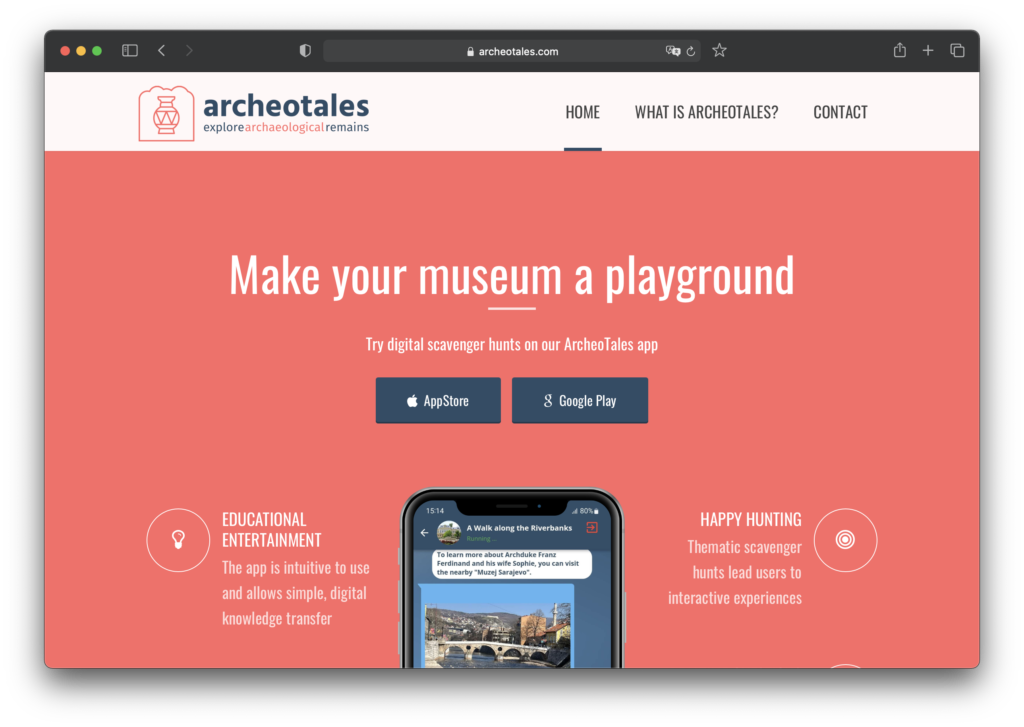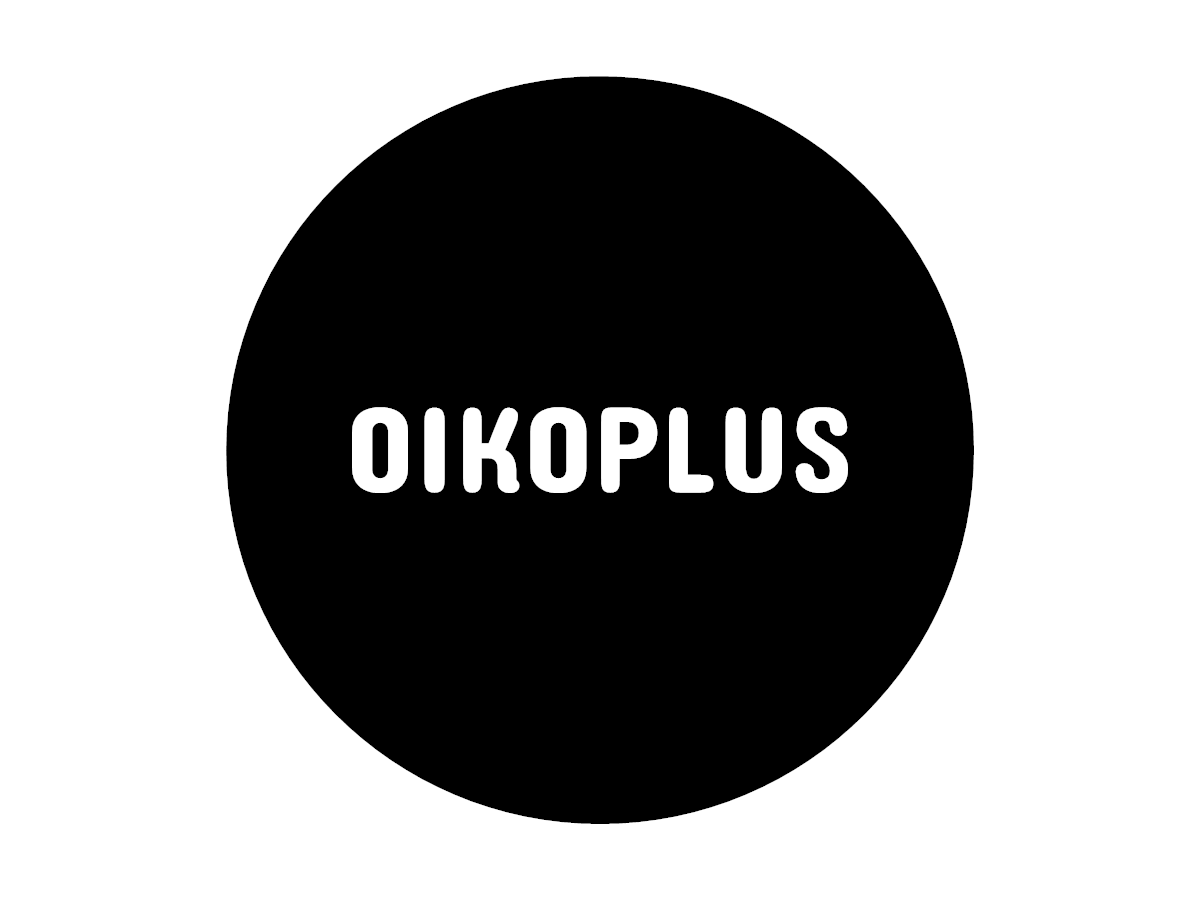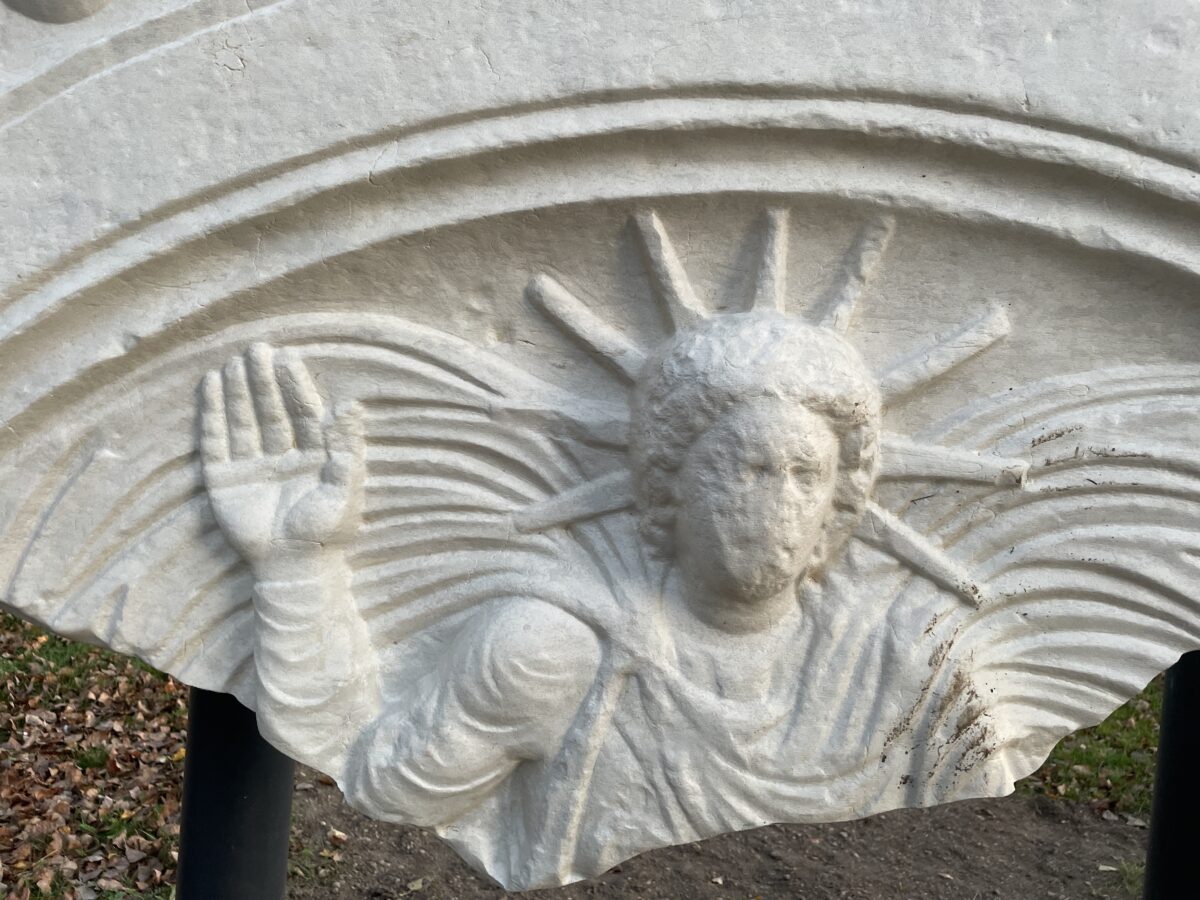This Oikoplus Reading List is not about a specific issue in the field of Science Communication and Research Dissemination, for once. This Oikoplus Reading List is about one of our own projects.
In the past two years we have learned a lot about archaeology through the participation of our association Sustainication e.V. (a quasi subsidary of Oikoplus) in the Interreg project ArcheoDanube. And about the exciting challenge of using archaeology to develop sustainable tourism concepts.
After two and a half intensive project years, ArcheoDanube will come to an end in 2022. In mid-November, the Closing Conference took place in the Slovenian city of Ptuj. The different institutions involved in the project from 11 countries of the Danube Region presented the results of the project. These include not only Guidelines for Local Archeo Plans as a vehicle for sustainable archeotourism, but also concrete local pilot actions in which the concept of Archaeological Parks was and will be tested.
But what does ArcheoDanube have to do with science communication and Oikoplus? Well … plenty. Because embedding archaeology in tourism concepts requires the commmunication of research results – adapted to a specific place and specific target groups. The Sustainication/Oikoplus team was able to contribute to the project not only by writing an e-handbook on archaeological site management, but also by participating in three think tank workshops evaluating Local Action Plans in Szombathely (HU), Pilsen (CZ) and X (HR).
Digital Tools for ArcheoTourism Gamification
And: We have developed a mobile app. The app ArcheoTales for Android and iOS, which was developed together with the Graz-based company Softwaregärtner, allows visitors to archaeological sites and museums to be sent on digital scavenger hunts. This allows cultural tourism providers and operators of heritage sites to offer didactically and playfully prepared content to different target groups. And visitors can experience the exhibition in the form of a puzzle game at their own, individual pace. Here, visitors communicate via mobile app with fictional characters in a mass-ger interface.

Another digital tool developed in the ArcheoDanube project is Yesterday-Today-Tomorrow. It is specifically aimed at cities and municipalities that have cultural heritage and archaeological sites and are looking for assistance in creating a tourism concept in the form of an archeopark.
In the ArcheoTales project, we have been able to learn an immense amount about archaeology and the cultural history of the Danube region, visit wonderful places with cultural tourism treasures, and meet fantastic colleagues from 11 countries. In the process, we made new friends and learned what good science communication can do in a field that was completely new to us – and how much fun it is to do it.


